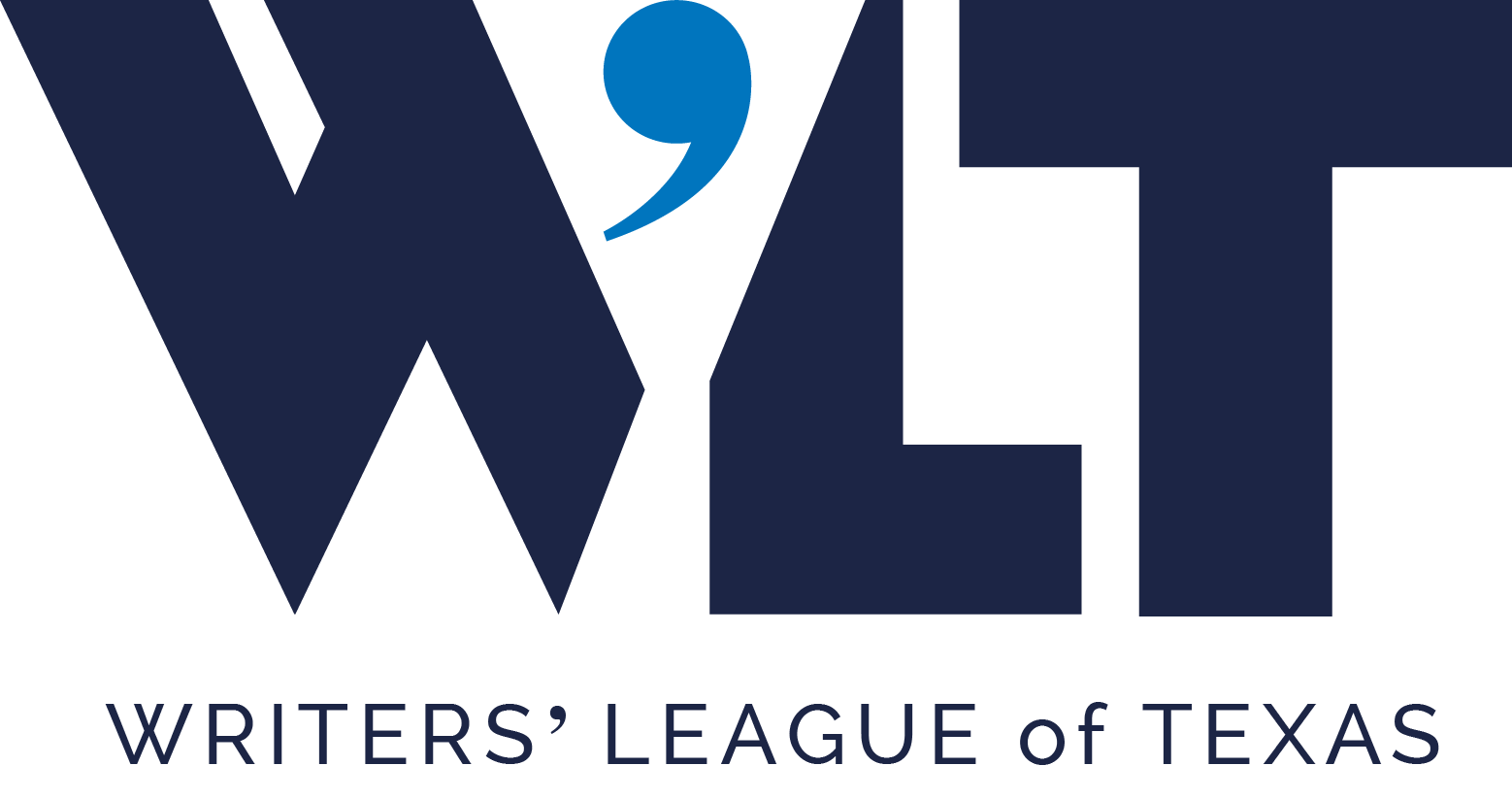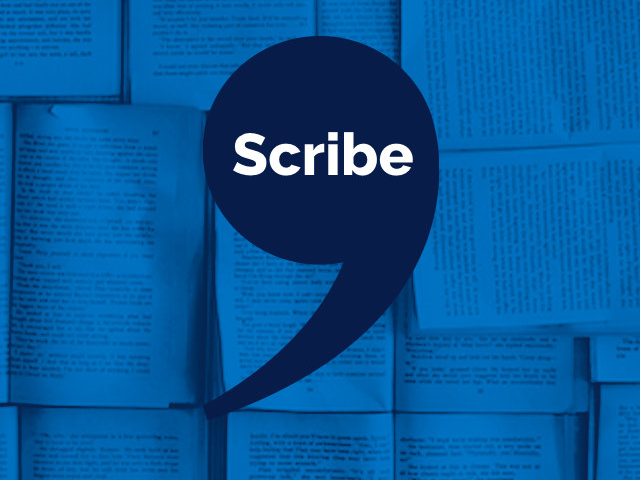“No matter what the story is that you are trying to imagine, creating a work of fiction also demands that you create (or re-create) the world in which your story is set, and research helps give you the concrete details you need to make that world convincing.”
-John Pipkin
John Pipkin’s first novel, Woodsburner, was published to national acclaim by Nan A. Talese/Doubleday in April 2009. Woodsburner won the New York Center for Fiction First Novel Prize, the Massachusetts Center for the Book Novel Prize, and the Texas Institute of Letters Stephen Turner Prize for First Novel. John was the Dobie Paisano Fellow at UT-Austin for the spring of 2011. His new novel, The Blind Astronomer’s Daughter, will be published by Bloomsbury this coming October. He received his Ph.D. in British Literature from Rice University in 1997. Currently, he is the Writer-in-Residence at Southwestern University in Georgetown, Texas, and he teaches in the Low-residency MFA Program at Spalding University, in Louisville, Kentucky.
John is teaching a class for the Writers’ League called “Effective Research Methods for Fiction: How Much Is Enough?” on Saturday, April 2, 2016, at St. Edward’s University. Read the interview below and visit the class page to learn more.
 Scribe: How did you get into writing?
Scribe: How did you get into writing?
John Pipkin: I took a fairly circuitous academic route to becoming a writer. Like many writers, I knew from an early age that I wanted to write, and I knew I wanted to write novels, but I felt that the best way to develop the foundation that I needed for the kind of writing I wanted to do was to pursue graduate work in literature. And, of course, I also wanted to teach, so I earned a Ph.D. in Nineteenth-century British Poetry from Rice University. I started writing my first novel shortly thereafter.
Scribe: For those writers who may never have researched before, why is research essential even when writing from one’s own imagination?
JP: No matter what the story is that you are trying to imagine, creating a work of fiction also demands that you create (or re-create) the world in which your story is set, and research helps give you the concrete details you need to make that world convincing.
Scribe: How is researching for a fiction project different from researching for a nonfiction project?
JP: I’ve spent a great deal of time researching non-fiction for my academic work, and I’ve also done a lot of research for my fiction, and the biggest difference between the two is a matter of narrative allegiance. In fiction, your allegiance is not to the facts, but to the truth of your story. In non-fiction, a partial fact or an incomplete piece of evidence can be maddening, but in fiction, these kinds of fragments can open up whole worlds.
Scribe: How does research differ between genres, say if you’re writing a historical novel versus a fantasy novel? Is the level of research similar regardless of the project?
JP: The difference really depends more on the writer than on the genre. The main reason for doing research is to support the fictional characters and the fictional narrative with the details that will lend them credibility. Every work in every genre needs to be believable at some level. Even magical realism needs to have some element of realism to it. So the degree to which a writer feels the need to anchor his or her story in the tangible facts of the world is what determines the kind of research he or she will do, regardless of the genre.
Scribe: Without giving too much away, what tips can you offer writers for how to know when to stop researching and start writing?
JP: When the research starts to get in the way of the fictional story you are trying to tell, that’s the number one way to know that it’s time to stop researching and time to start making things up.
—Thanks, John!
Click here to register for John’s class.
Click here for our current class schedule.









